
Blog
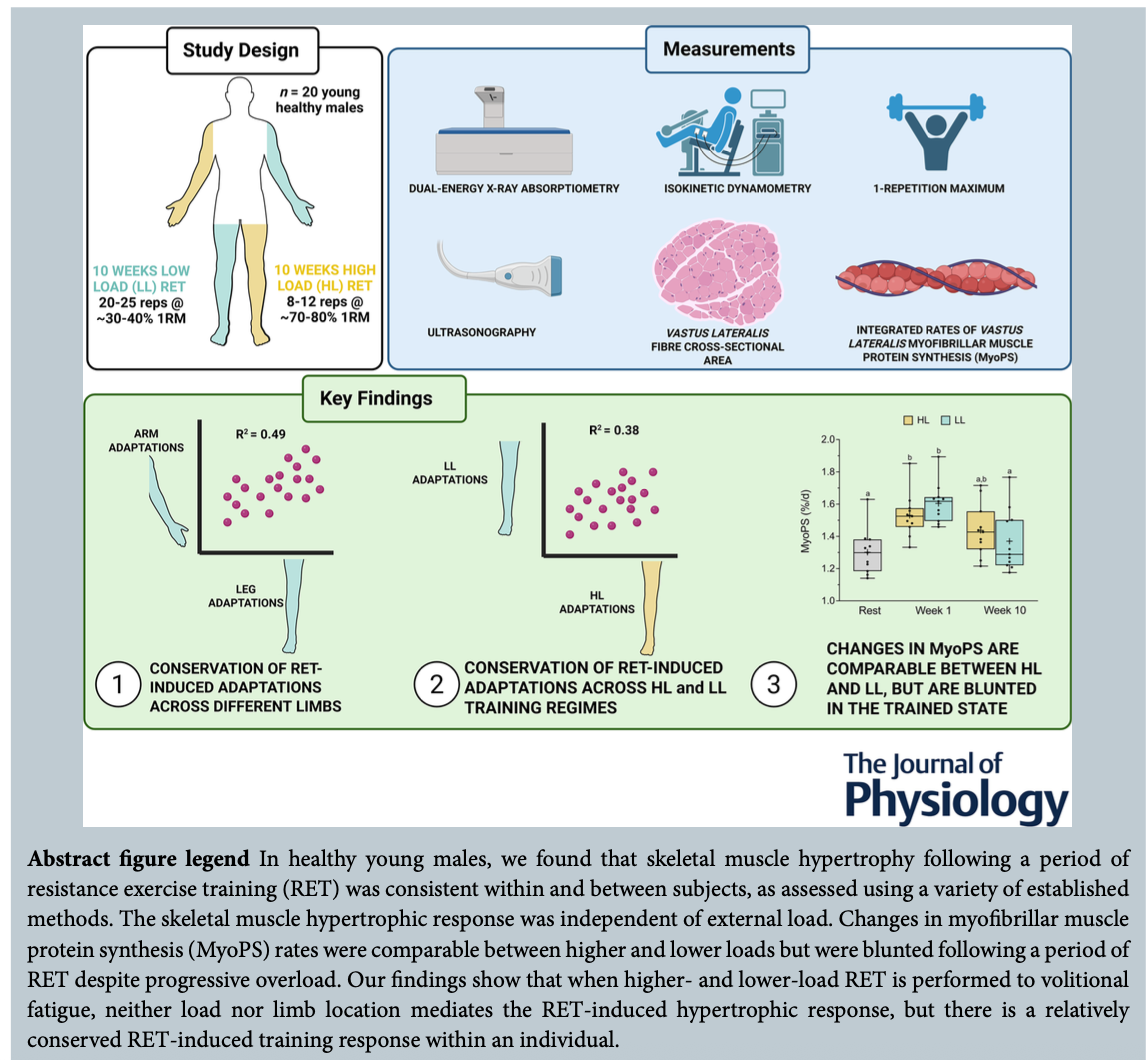
All Training Loads Increase Hypertrophy

Hypoalgesic Effects of Exercise

Walking for Fat Loss
The results: both groups significantly lost body weight. The Diet Only group lost on average 15lbs and the Diet & Walking group on average 19lbs. The Diet & Walking group health markers also improved: lipid panel markers and glucose metabolism health markers.

Exercise reduces cancer risk

Pilates for Strength

Exercise as Mitochondrial Medicine
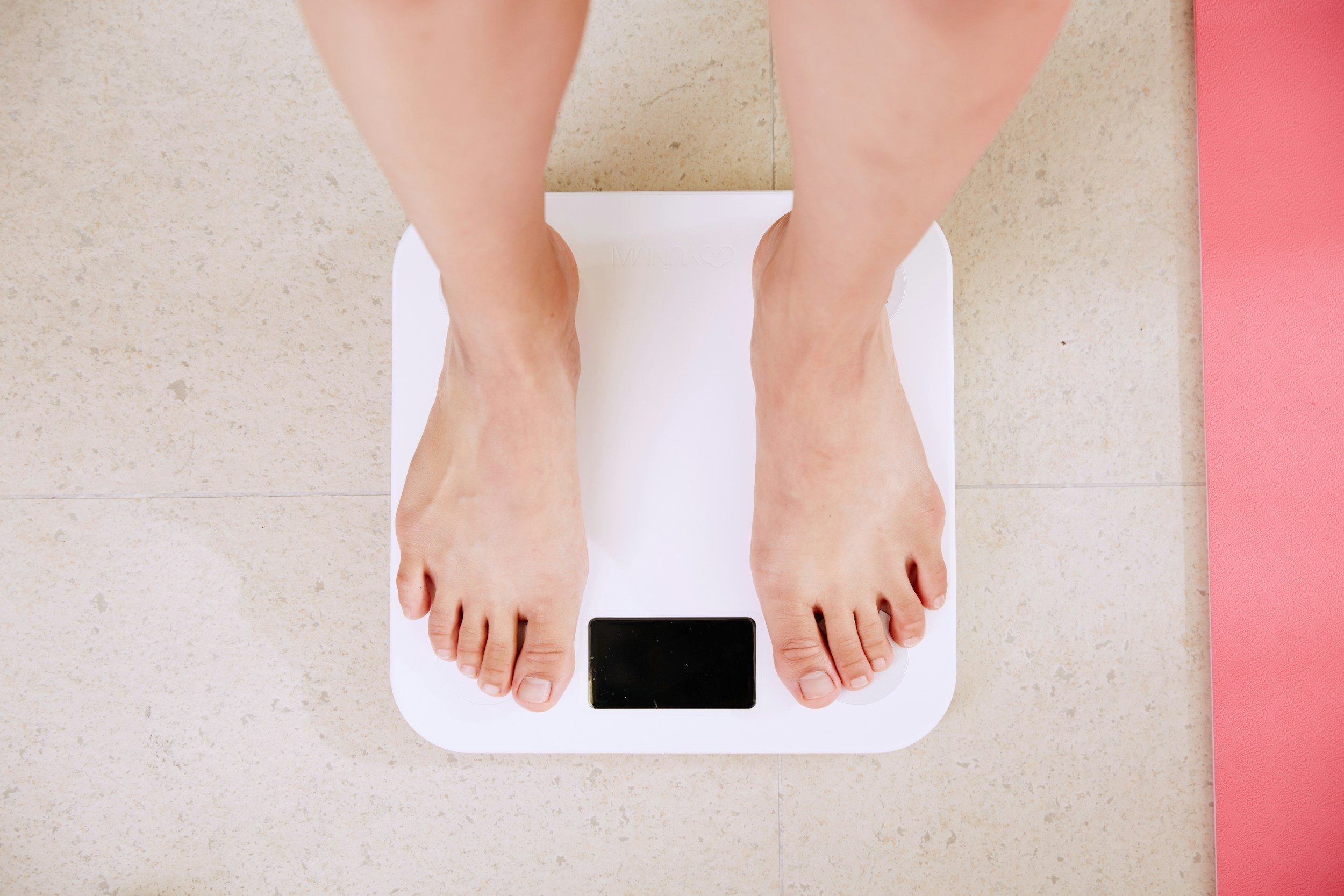
Weight Gain During the Menopause

Healing Benefits of Exercise
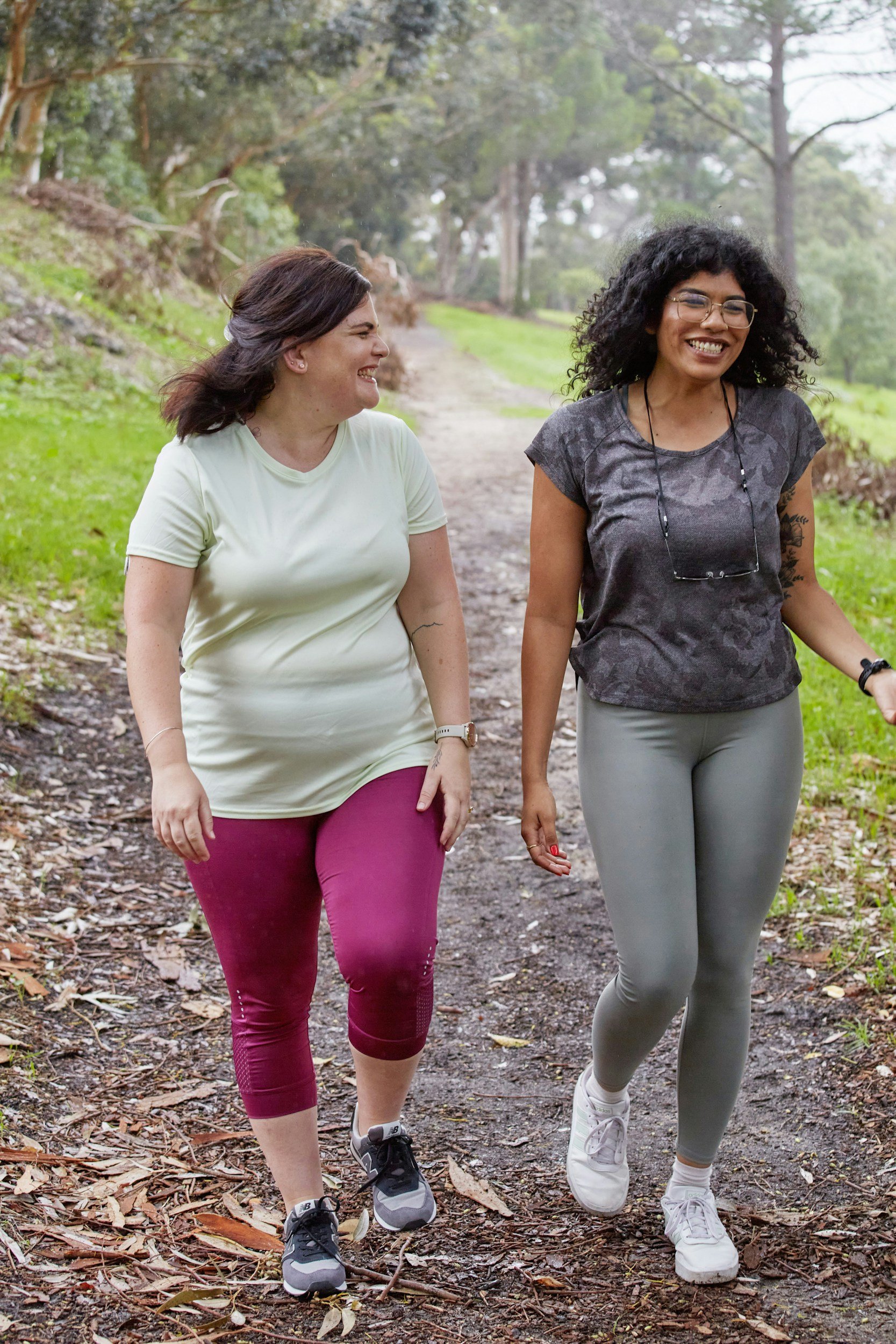
Physical Activity Guidelines for Weight Loss & Weight Maintenance

Energy balance and body weight regulation

Can You Outrun a Bad Diet?

The Positive Adaptations to Exercise

Sleep & Workout Recovery
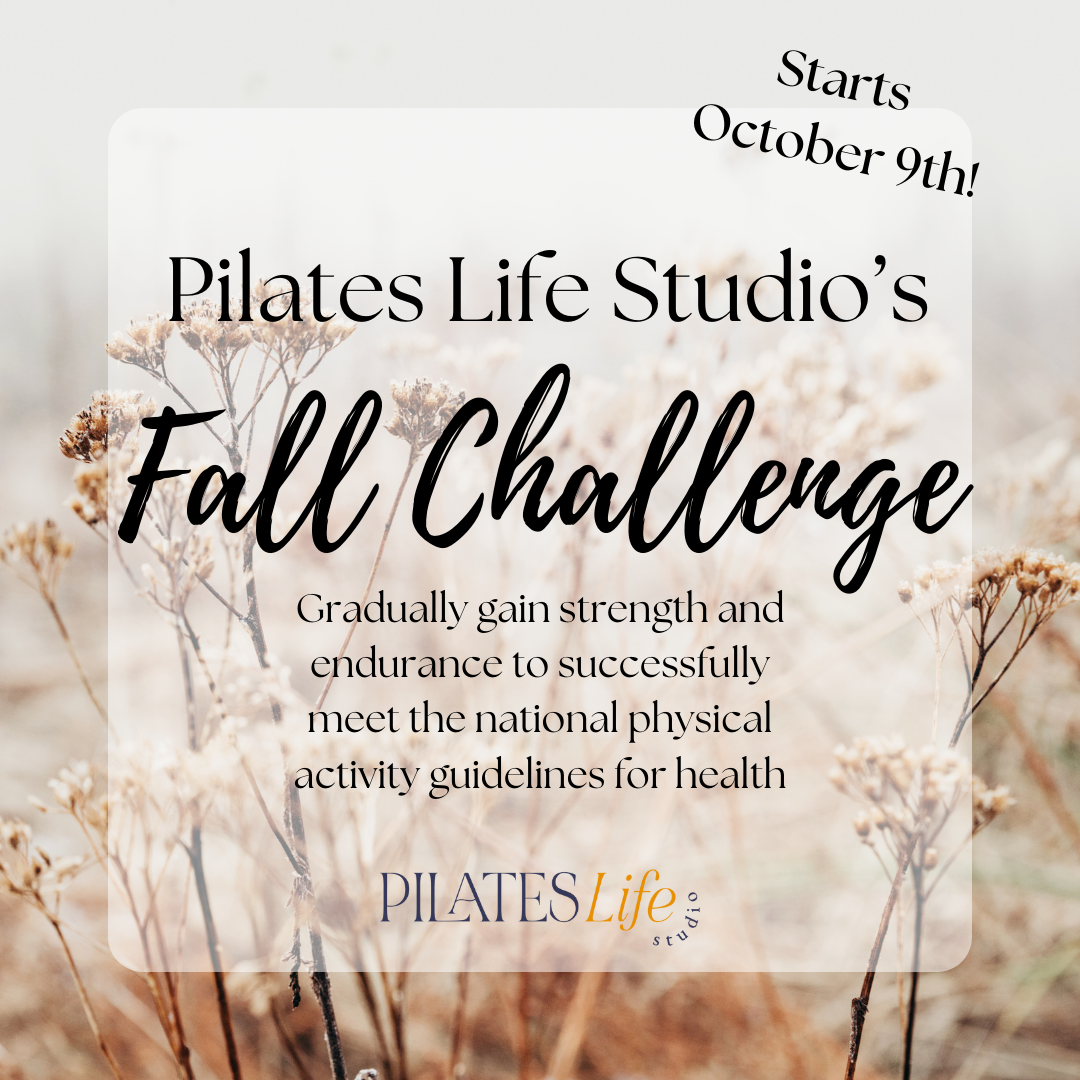
Fall Challenge 2023

Being Active Reduces Your Chance of Dying by 35%
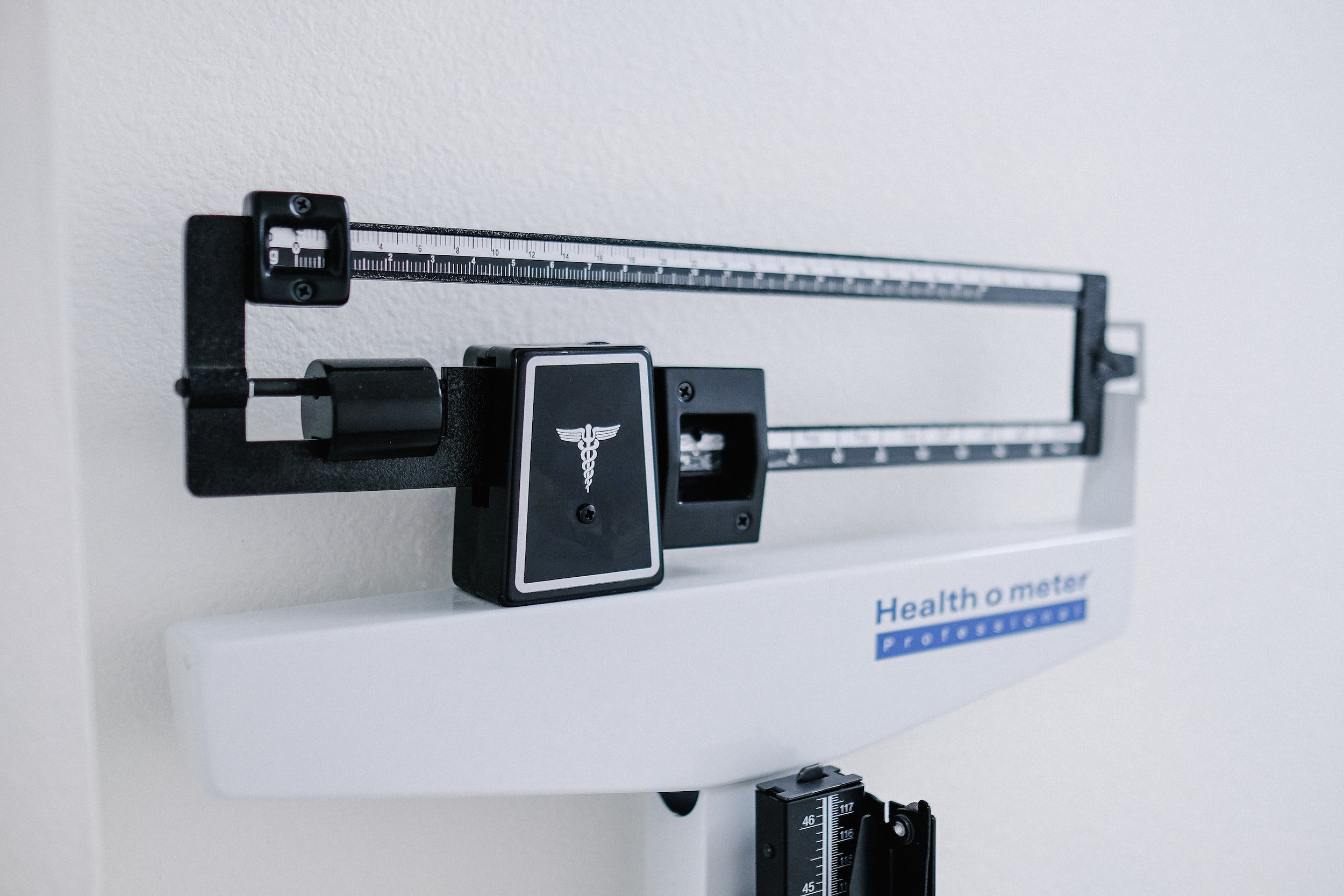
Using Macro Tracker Apps for Fat Loss – How Helpful are They?

Goal Setting and It’s Importance

Exercise Reduces Stress

3 Quick and Easy Tips to Reach Your Goal
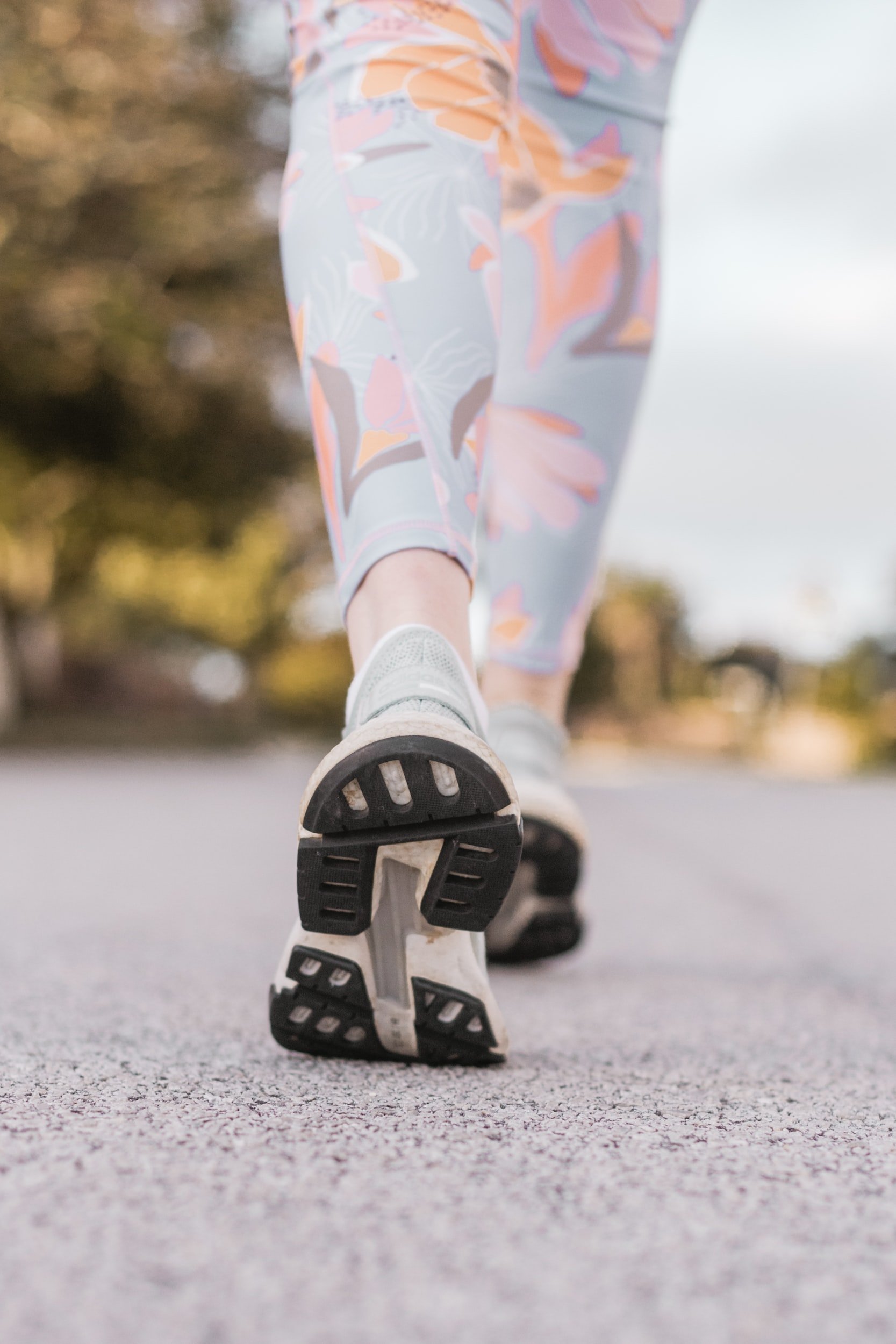
Boost Immunity with Exercise
Amazing news! 43% of participants who reported 5 days of physical activity per week had significantly reduced days of URTI compared to largely sedentary participants who exercised less than 1 day per week. And when the higher physical active group did get an URTI the severity of symptoms were 32-41% less.
